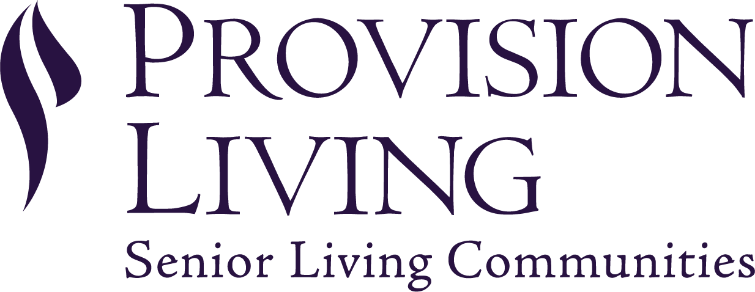When seniors and their families compare the costs of staying at home with the all-inclusive lifestyle of a senior living community, they’re often surprised to realize senior living can be the more cost-effective choice. Still, the actual process of figuring out how to pay for senior care can be daunting, especially when you’re considering multiple financial sources to cover the cost.
If you’re feeling your anxiety starting to build already, don’t worry—Provision is here to help! We’ve compiled the following list of financing strategies that seniors and their families can use to finance the transition to senior living.
1. Home equity or HELOCs
Many seniors use the proceeds from selling their home to cover monthly senior living expenses, which can free up a large sum at one time while simultaneously removing the burden of home maintenance. If your loved one isn’t ready to sell quite yet, they might consider a HELOC (Home Equity Lines of Credit), which offers a line of credit secured by your home equity (although they will still be required to repay the borrowed amount with interest).
2. Long-term care insurance (LTC)
For policy holders who are 65 and older and in good health, long-term care insurance can pay for care not typically covered by health insurance, Medicare, or Medicaid, including assisted living, memory care, in-home care, and skilled nursing expenses. This type of senior care insurance is best purchased before major health conditions arise, ideally in one’s 50s or early 60s.
3. Private pay (savings, investments, and family contributions)
Seniors can choose to access their investment income from stocks and bonds, 401(k)s, IRAs, and pensions, or personal savings to pay for senior living. Some families may also decide to share the cost of senior living with their loved one or pay for it themselves. In a joint pay situation, always remember to set clear expectations around each family member’s financial commitments.
4. Veterans’ benefits
Did you know that eligible wartime veterans 65 and older and their surviving spouses can receive more than $2,000 a month through the VA Aid and Attendance Benefit for long-term care, including assistance with daily activities? Many veterans are unaware of the benefits they are entitled to by the U.S. Department of Veterans Affairs, so it’s worth exploring to see if you or your loved one qualify!
5. Medicare and Medicaid
These government healthcare programs generally cover skilled nursing and short-term rehabilitation services but do not pay for long-term assisted living. Medicaid rules vary by state, and applying can be complex; for example, Medicaid may assist with payment for memory care in some states, while Medicaid coverage for assisted living varies widely.
6. Life insurance conversions or life settlements
Some life insurance policies can be converted into a pre-funded account with monthly payouts for long-term care. With a life settlement, seniors sell their life insurance policy to a third party for a lump sum that can serve as a source of funds if you need immediate care.
7. Reverse mortgages, bridge loans, and cash-out refinances
Reverse mortgages allow homeowners 62 and older to access their home equity without selling, with repayment due once the home is no longer occupied. A bridge loan offers short-term financing while waiting for a home to sell, while cash-out refinancing allows you to access your home equity by taking out a larger mortgage and receiving the difference as a lump sum.
How Provision Can Help
At Provision Living, we know seniors and their families are looking for exceptional senior living and care at exceptional value. We also know that making the move to a senior living community like Provision can simplify your lifestyle as well as your expenses, By downsizing your home, consolidating your costs, and transitioning to a community with tiered rental fees and optional add-ons, many people find senior living is more affordable than they expected. Here’s what’s included and available to add on to your monthly rental fee at Provision communities:
- Chef-prepared meals are available
- Health and wellness programs, including fitness classes
- Scheduled transportation services
- Professional support and emergency care on-site 24/7
- Social activities, outings, and events
- Private, spacious apartment with utilities included
- Foresite health monitoring technology (available in select communities)
- Maintenance, repairs, and landscaping
- Phone and internet
- Housekeeping and laundry services
Need help taking the next step? One of our friendly community advisors will be happy to walk through the complexities with you, or refer you to a trusted real estate professional, financial expert, or elder law attorney in our network who can help you navigate the process.
To learn more about how to pay for senior care, download our free financial guide. And to see what life is like at Provision, schedule a tour to see one of our communities in-person!


